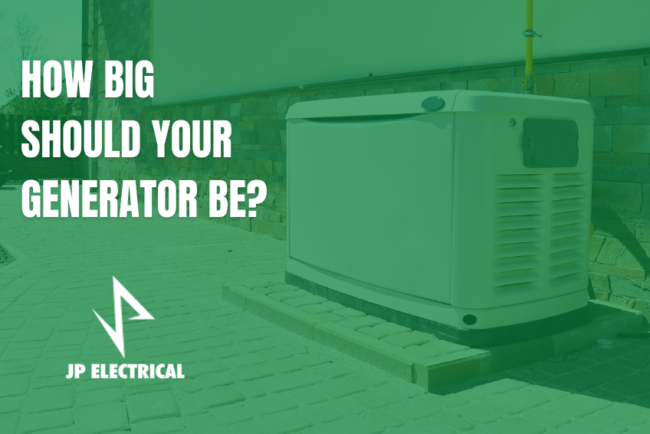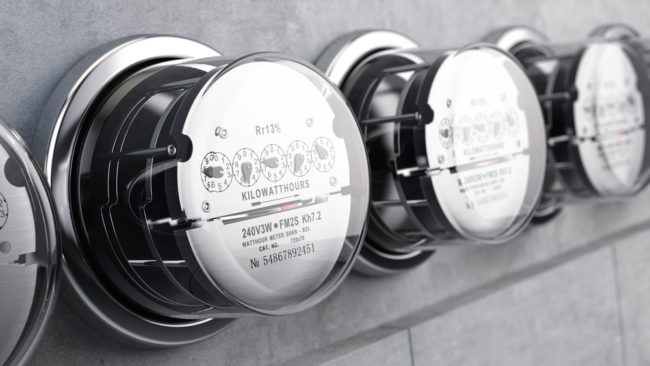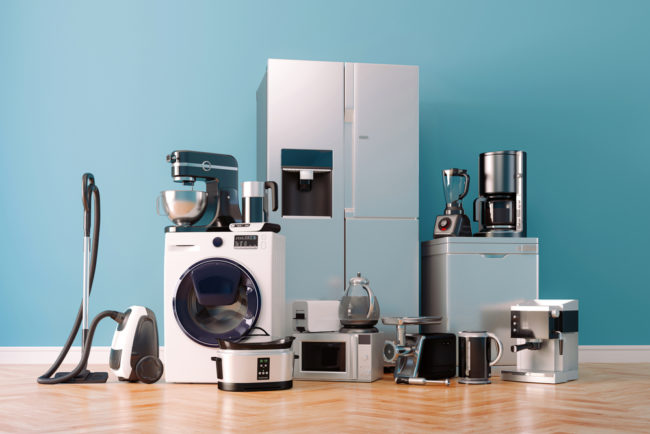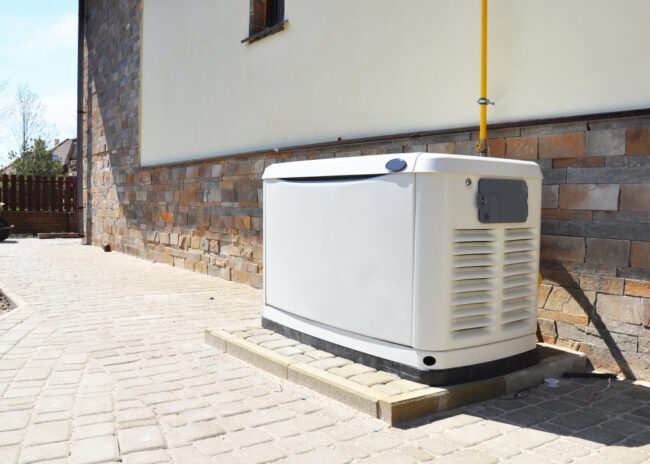How Big Should My Generator Be?
Posted on January 7, 2022 by Oozle Media
Almost everyone has experienced a power outage at one point or another. In fact, the average electricity customer in the United States experiences at least one power outage a year, or an average of four hours without power every year. Despite how common it is for power to go out in residential and commercial buildings, not everyone is prepared for this situation.
If the power in your home goes out for an extended period, it could lead to many issues. The food in your refrigerator will spoil, and pipes could freeze. Also, if someone in the house uses an electricity-powered medical device, the situation could literally be life or death.
Having a generator in your home or at your business is a great way to be prepared for power outages. Even if the power goes out, you’ll still be able to use all the essential devices and appliances. It’s important to choose the right size generator for your needs, though. This will ensure the generator works properly when you need it to, but it won’t cost you more than necessary. How do you determine what size generator you need? Keep reading to find out!
How to Figure Out the Wattage
Understand the Different Types of Wattage
To figure out how big your generator should be, it’s important to understand the different types of wattage.
- Running Wattage –This is the wattage required to keep a device or appliance running. The running wattage is usually the amount listed on a device’s label (keep this in mind for later).
- Starting/Surge Wattage – This refers to the wattage needed for a device or appliance to start. It’s usually 2-3 times higher than the running wattage.
- Maximum Wattage Capacity – This is the highest amount of wattage that a generator can produce. It’s not advised to use 100% of this amount to power your devices, as this can make the generator overheat and shut off. We recommend using 90% or less of the maximum wattage capacity at any given time.
Determine the Devices You Want to Run
To figure out how much wattage you need, you should determine which devices and appliances you need to run during an outage. Depending on your budget, this could just be the essentials, or it could be every electrical device in your entire business or home.
Calculate How Much Wattage You Need
After you make a list of every appliance you want to run during an outage, write down the wattage it takes to run each of those devices. You can often find the wattage information on a label somewhere on the back or bottom of the device. If not, you should be able to find the wattage information online. Add up all the wattage amounts to get a rough estimate of the wattage your generator will need.
Keep in mind that this estimation is based on the running wattage, not the surge wattage. When the power initially goes out and the generator kicks in, it will need to handle the surge wattage for all the electrical devices that are running at the time. This combined surge wattage will be much higher than the combined running wattage.
When calculating your wattage needs, it’s also worth thinking about which devices you will use at the same time. For instance, you will probably need to power the lights and refrigerator at the same time, but you might not need to power a TV and computer at the same time. If you don’t think you will need to run all the devices at the same time, this will lower the amount of wattage your generator needs to produce at any given moment during an outage.
How to Choose the Right Size Generator for Your Needs
Consider How Often Power Outages Occur in Your Area
Power outages can be unpredictable at times, but try to figure out approximately how many times per year you might use your generator. Is the area where you live prone to hurricanes, blizzards, or other extreme weather events? How many times in the past few years has your power gone out? If you frequently experience power outages, you might want a bigger generator that kicks in automatically when the power goes out.
Another important factor to consider is whether or not your area is prone to prolonged power outages. If you only need a generator to power the basics for an hour or two, a smaller generator will probably suit your needs. If you think you might need a generator to produce power for days or weeks, you’ll probably want to go with a bigger one.
Popular Types and Sizes of Generators to Consider
There are many different sizes and types of generators out there, but which one is best for you depends on your specific needs. Once you’ve followed the above steps to figure out how much wattage your generator will need, here are some popular choices to consider (listed from most to least powerful):
- Home Standby Generator, AKA Whole House Generator
- Medium-Sized Inverter
- Portable Generator
Contact JP Electrical to Install, Repair, and Maintain Your Generator
Do you need a generator installed on the Wasatch Front or the surrounding areas? The seasoned team at JP Electrical is here to help. Not only can we install generators for residential and commercial purposes, we can also repair and maintain your generator so it stays in great working condition over the years. To get started, simply call us at (801) 683-0374 or fill out our contact form!
Categories: Electricians • Tips





Leave a Reply